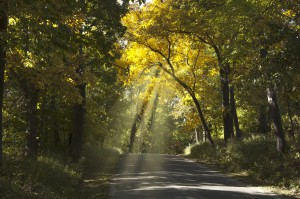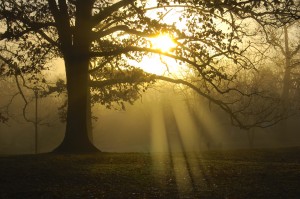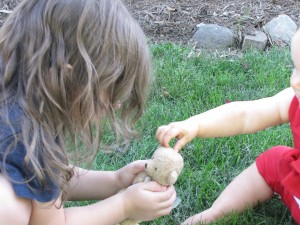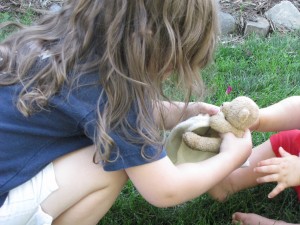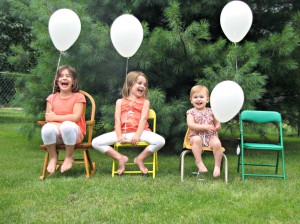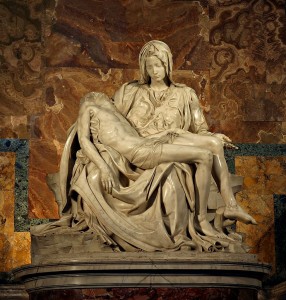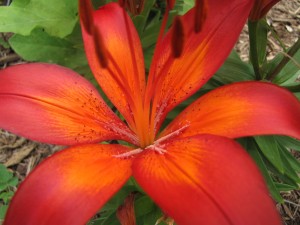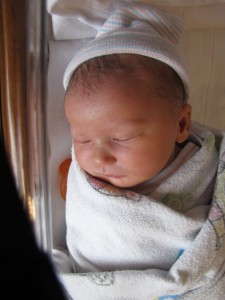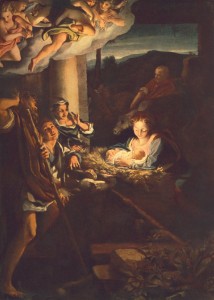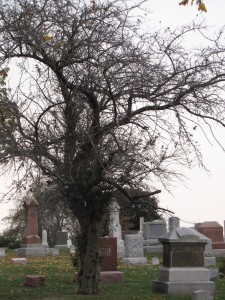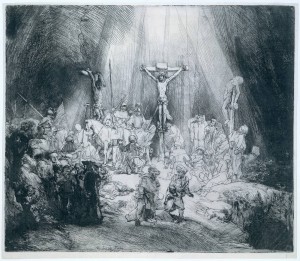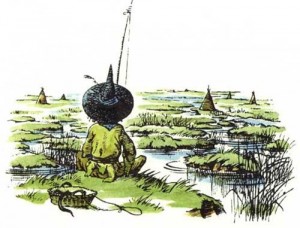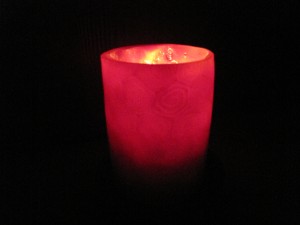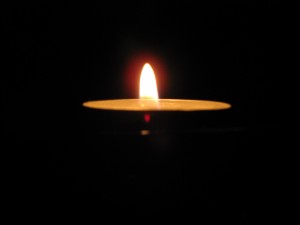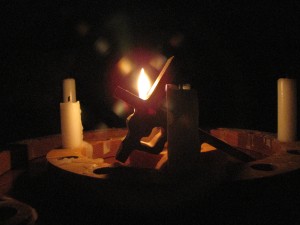There sometimes comes into the heart of all of us a desire to be sure. A sudden longing for certainty about that which we profess to believe.
We wish to be able to say I believe with no niggling of doubt that causes us to draw back from the ringing shout we had wanted to pronounce.
Doubt is that persistent shadow that startles us now and again just when we’d thought we’d left it behind for good. It is that small voice that sometimes lingers and sometimes only whispers and is gone.
We want it to disappear for always. We long to be certain, to be troubled no longer by questions.
Yet I am beginning to discover that certainty is not faith. Certainty is based on evidence, on proof, on concrete and unassailable fact. Faith, however, is relationship. It is risk and it is vulnerability.
Certainty is about control, about predicting behavior. Faith is a gift from me to you, a gift of myself placed into your hands.
I have read about certainty and faith in the context of a marriage. Certainty in marriage is secretly reading all of your spouse’s emails and texts and journals. Certainty in marriage is hiring a detective to follow your spouse to be sure he is being faithful. Certainty in marriage is tapping the phones to be sure of the trustworthiness of your spouse.
Faith in marriage is a gift. It is an offering of myself, of my vulnerability and my heart, to you as one whom I believe to be faithful.
When I trust you, I take a little piece of myself…and put it into your hands. And then I’m vulnerable. Then you respond, and I find out whether you are trustworthy…I give you the gift of my trust, and you give me the gift of your faithfulness. ~ John Ortberg in Faith and Doubt
Perhaps, after all, certainty is not what we truly long for.
If by it (the intellect) we could prove there is a God, it would be of small avail indeed. We must see Him and know Him. ~ George MacDonald in The Curate’s Awakening
Perhaps, after all, certainty is not such a prize to be pursued. Perhaps, after all, God is more pleased with the vulnerable gift of faith than He is by the chasing after an elusive proof of His existence.
May He be pleased by my trust.
Art Credit: Photographs of light by Kirk Sewell

